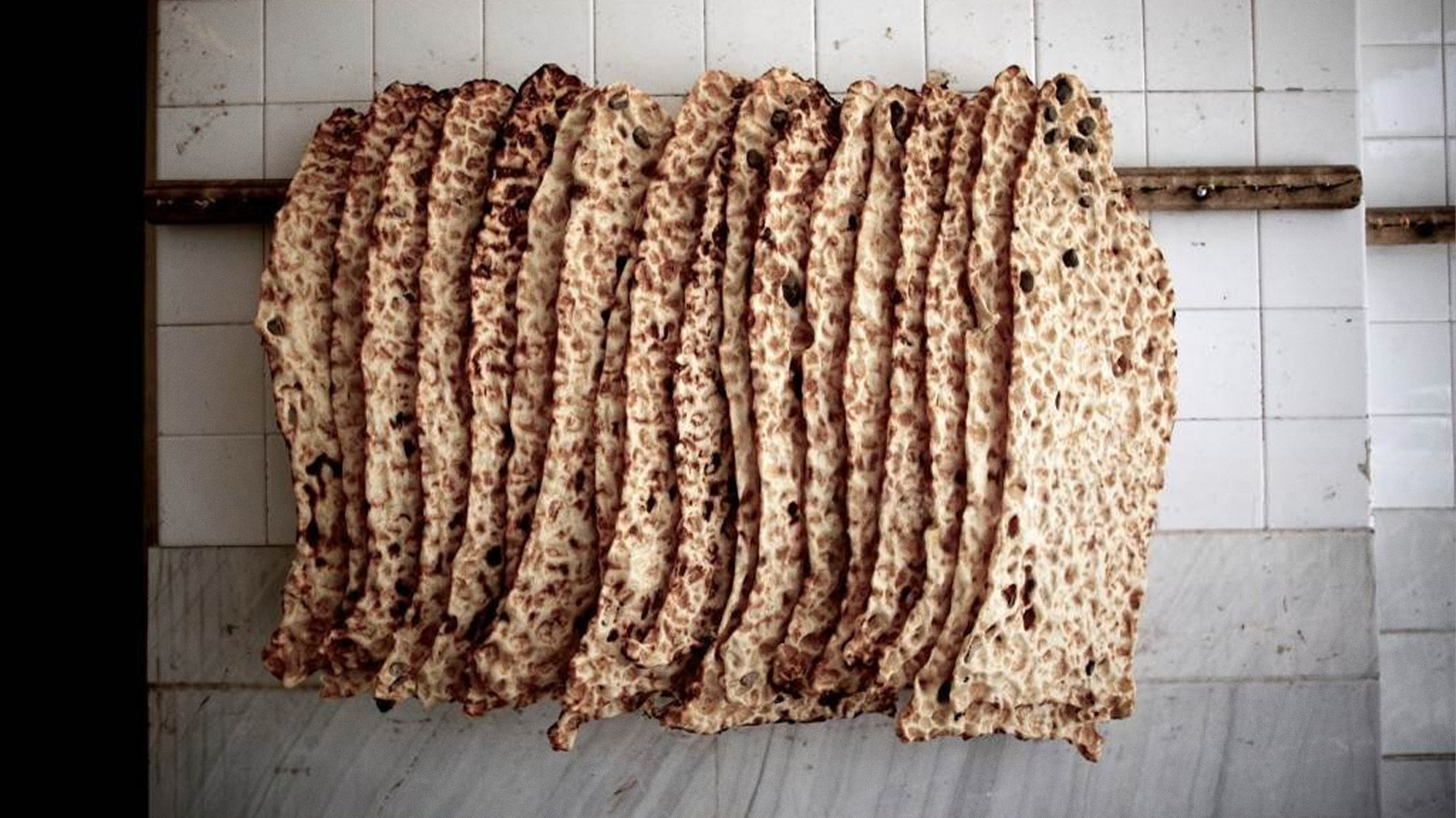Iran's 52% Bread Hike Squeezes Workers
Iran has raised bread prices by up to 52% in several provinces, a move ILNA reports is hitting workers hard amid other post-war inflation. Officials cite rising costs, but critics decry the impact on already struggling families.

By Kamaran Aziz
ERBIL (Kurdistan24) – The Iranian government has authorized a dramatic price hike for bread of up to 52% in several provinces, a move the Iranian Labour News Agency (ILNA) reports is delivering a "new shock" to the already strained budgets of workers and low-income families.
According to a detailed report from ILNA, the price increase for the country's most essential food staple comes as many Iranians grapple with soaring costs for other goods, layoffs, and reduced wages following the recent conflict with Israel.
Mohammad Javad Karami, head of Iran's Flour and Bread Working Group, confirmed to ILNA that the price of traditional breads has already increased in provinces like Qom, Razavi Khorasan, and Hamedan, with other regions to follow. The authority to set the new rates has been delegated to provincial governors.
Officials attribute the hike to rising operational expenses. Abbas Mirzad, the Economic Deputy of the Ilam Governorate, told ILNA the increase was due to higher transport, energy, and insurance costs, and was "not connected to the elimination of subsidies." He noted the price change, which was delayed due to the war, would see bread prices rise by up to 52% in the provincial capital. Similarly, the deputy governor of Mashhad confirmed a 52% increase, citing rising labor and insurance costs.
However, ILNA reports that the move has been met with dismay by workers, many of whom have seen their incomes shrink. A formal worker at Mehrabad Airport told the news agency that with reduced flight hours and no overtime, his wages have dropped by "several million tomans." He added, "Most of our meals are bread-based, and the high price of bread makes our table smaller."
Labor activist Alireza Khorrami told ILNA the price hike is a "huge blow to livelihood," pointing out that other essentials like rice have also seen price jumps of over 50% since the conflict. "Why should people pay the price for the bakers' dissatisfaction and increased production costs?" he asked, according to ILNA.
The report also highlights a controversial proposal from Mehdi Omidvar, spokesperson for the Iran Chamber of Guilds, who recently spoke of creating a "class-based bread" system, where higher-quality bread would be sold at a premium while subsidies would be targeted only at "weaker segments of society."